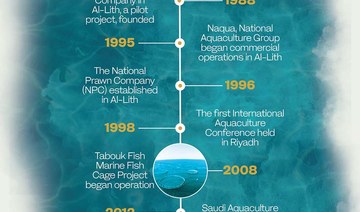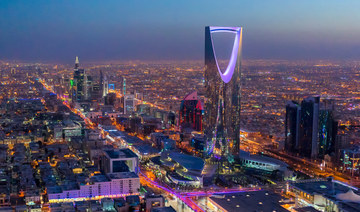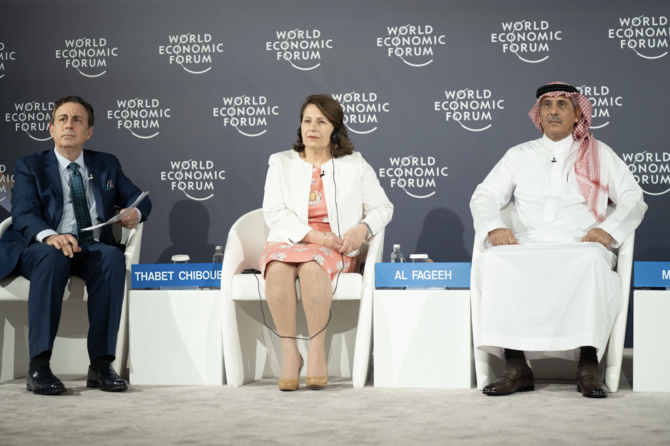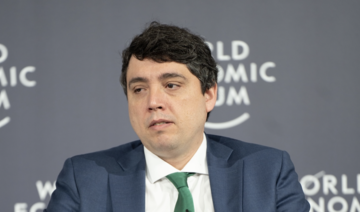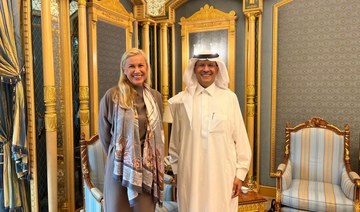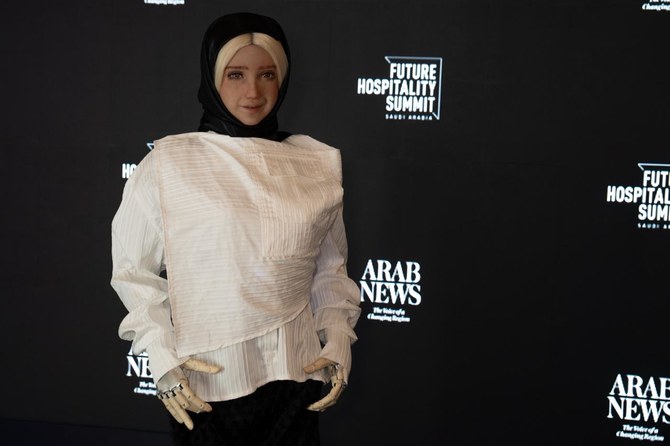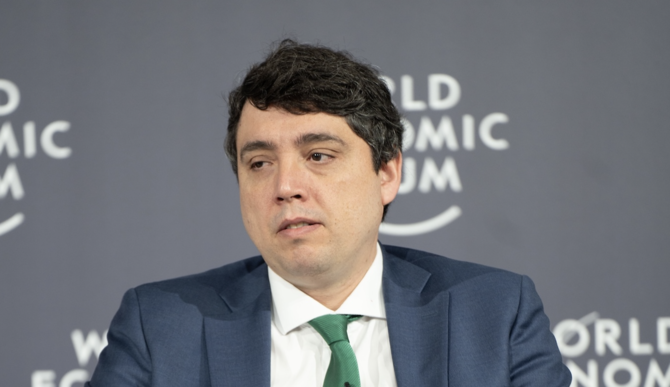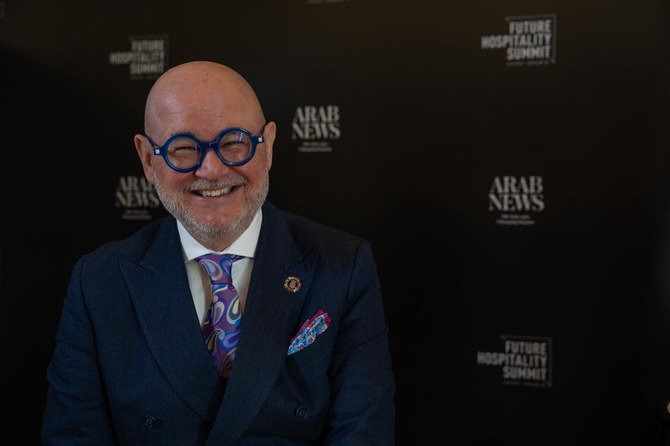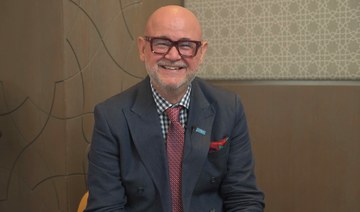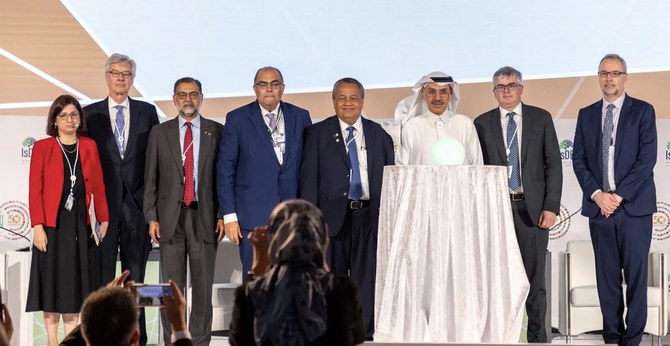LONDON: The great and the good of the global tech sector will converge on Riyadh next week for the inaugural LEAP conference.
Dubbed the “Digital Davos,” LEAP will involve more than 350 speakers from 80 countries, and is expected to attract almost 1,000 startups from across the globe, and 40,000 visitors, making it one of the largest tech events in the world.
LEAP, which takes place under the aegis of the Ministry of Communications and Information Technology and the Federation for Cyber Security, Programming and Drones, follows on from last year’s government Launch Program, which unveiled an array of initia- tives worth $1.2 billion, aimed at rapidly upscaling the digital skills of young Saudis.
Launch laid the groundwork to achieve a range of ambitious targets for the Kingdom’s tech sector, including training one in every 100 Saudis to be program- mers, and creating 25,000 jobs in data science and AI within the next eight years.
Hard on the heels of the Launch program, LEAP is aimed at accel- erating Saudi Arabia’s ambitions to expand its digital economy by 50 percent, and grow its contribution to the wider economy by $13 billion.
HIGHLIGHT
Launch laid the groundwork to achieve a range of ambitious targets for the Kingdom’s tech sector, including training one in every 100 Saudis to be programmers, and creating 25,000 jobs in data science and AI within the next eight years.
Developing successful startups, along with expanding digital infra- structure across the country, is part of a dual approach to increase private enterprise and public services in the sector.
The wide-ranging program for LEAP will cover financial technology, health tech, robotics, satellites, and smart cities. It will also look at future energy technologies capable of improving productivity in the region’s oil and gas sectors, as well as the role of tech in renewable energy sources.
Crucially, the conference will bring together some of the tech sector’s top entrepreneurs and venture capitalists face-to-face with more than 700 start-ups, many of whom will be local firms.
Those attending LEAP include Raghu Raghuram, CEO of VMware, the California-based cloud computing giant; Börje Ekholm, president and CEO of Ericsson; and Carlo Ratti, founding partner of MIT’s Senseable City Laboratory, which investigates the impact of digital technology on urban living.
But more importantly, perhaps, for the hundreds of start-ups travelling to Riyadh, will be LEAP’s Investor Program, which will connect them with local and international investors through an array of investment events that will allow them to pitch their ideas direct to venture capital firms and other funders.
More than 30 VCs will be at LEAP, including early-stage investor Speedinvest, which manages assets of almost $700 million, London-based Hoxton Ventures, Anthemis Capital, and Toronto-based investor Raiven Capital.
Fledgling tech companies will also be able to compete for a share of a $600,000 prize fund at the Rocket Fuel Startup Pitch competition, which will take place on the sidelines of the wider conference.
Along with substantial government funding for the sector, another attraction for those investors is that Saudi Arabia, where more than two-thirds of the population is under 35, is widely seen as a young and rapidly developing market for tech firms.
Digital wallet service STC Pay, a subsidiary of Saudi Telecom, became the Kingdom’s first fintech unicorn last year after Western Union invested up to $200 million in the business for a 15 percent stake.
STV, the venture capital arm of Saudi Telecom founded by ex-Google executive Abdulrahman Tarabzouni, is understood to be seeking to raise at least $1 billion for its second Middle East technology investment fund, which would make it the biggest fund of its kind in the region.
The Kingdom has also secured the Middle East’s first Apple Developer Academy, which will be located in Riyadh. The academy will be primarily focused on training female programmers and developers.
Saudi Arabia’s minister for communications and information technology, Abdullah Al-Swaha, is expected to deliver a keynote speech at LEAP, underlining the role of the digital economy as the key to delivering Saudi Arabia’s Vision 2030 program, aimed at diversifying the Kingdom’s oil-based economy.
Manar Al-Moneef, regional CEO of GE Renewable Energy and chief investment officer for NEOM, will also be speaking at LEAP, along with Ghinwa Baradhi, HSBC’s chief information officer in the Middle East and North Africa.
Other speakers include football legends Luis Figo and Roberto Carlos, who recently partnered with SportsIcon in one of sport’s first non-fungible token schemes, and Michel Salgado, who now runs the Dubai grassroots club Fursan Hispania.
LEAP takes place from Feb. 1 to 3 at the Riyadh Front exhibition center.




